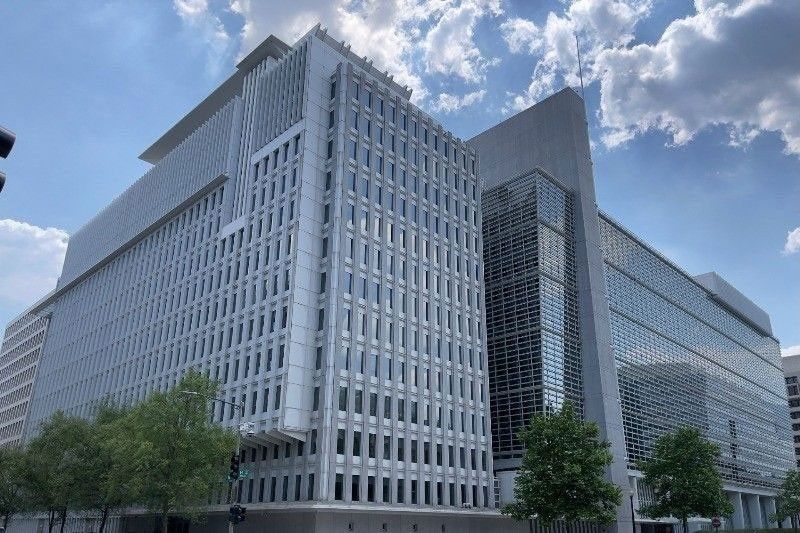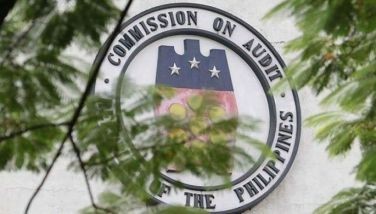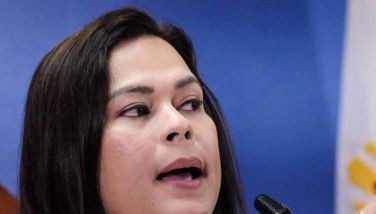World Bank OKs $600 million loan to aid Philippine recovery

MANILA, Philippines — The World Bank has approved a $600 million loan for the Philippines to help strengthen the country’s financial sector and bring about recovery from the pandemic.
In a statement yesterday, the multilateral lender said the Philippines Second Financial Sector Reform Development Policy Financing or development policy loan would support policy reform areas including strengthening the financial sector; promoting greater financial inclusion especially for micro, small and medium enterprises; and accelerating climate and disaster risk finance to help shield Filipinos from the effects of climate change and natural disasters.
World Bank’s development policy loans support policy and institutional changes needed to create an environment conducive to growth and in line with the Philippines’development priorities.
“Policy actions that strengthen the stability of the financial sector – including banks and insurance companies – will help Filipino families, businesses, and investors withstand financial shocks and enhance their resilience by ensuring that problems in these financial institutions are detected at an early stage without severe disruptions to the economy,” Ndiamé Diop, World Bank country director for Brunei, Malaysia, Philippines and Thailand, said.
While the Philippines is making progress, the World Bank said only 51 percent of Filipinos aged 15 and above have a transaction account with a financial institution, lower than East Asia and Pacific’s regional average of 80 percent.
As for the bottom 40 percent of the country’s population, only 34 percent of adults have a bank account.
As such, Diop said it is important to support reforms to improve access to financial services in the Philippines as part of the multilateral lender’s financing operation.
He said financial inclusion could help accelerate poverty reduction and strengthen the Philippines’ recovery from the pandemic.
“Filipinos who have accounts with financial institutions like banks will have opportunities to use other financial services, such as credit and insurance, to start and expand businesses, invest in education or health of their children, manage risks, and weather financial shocks, which can improve the overall quality of their lives,” he said.
Diop said it is equally important to develop the catastrophe insurance market in the Philippines under the program to prevent people from falling into poverty in the aftermath of natural disasters.
Catastrophe insurance products are designed to protect households, assets, and businesses against natural disasters like floods and earthquakes.
With increased use of catastrophe insurance, he said the government would be able to focus fiscal resources to support people who need assistance the most by providing post-disaster cash transfers and subsidizing insurance premiums.
To strengthen the financial sector, the program would support reforms aimed at beefing up the legal and institutional framework to improve financial sector oversight and integrity, enhance crisis management and resolution framework in the sector, and improve the availability of long-term finance.
To expand access to finance, the program would promote innovative financial services by using digital technologies, strengthening the framework to build consumer trust, and improving the quality of the credit information infrastructure.
In terms of building the financial sector’s resilience to climate-related shocks, the program seeks to include climate and environmental risks in financial institutions’ risk management frameworks and to get the private sector to provide financing for green investments by encouraging banks to incorporate sustainability principles into their investment activities.
- Latest
- Trending






























